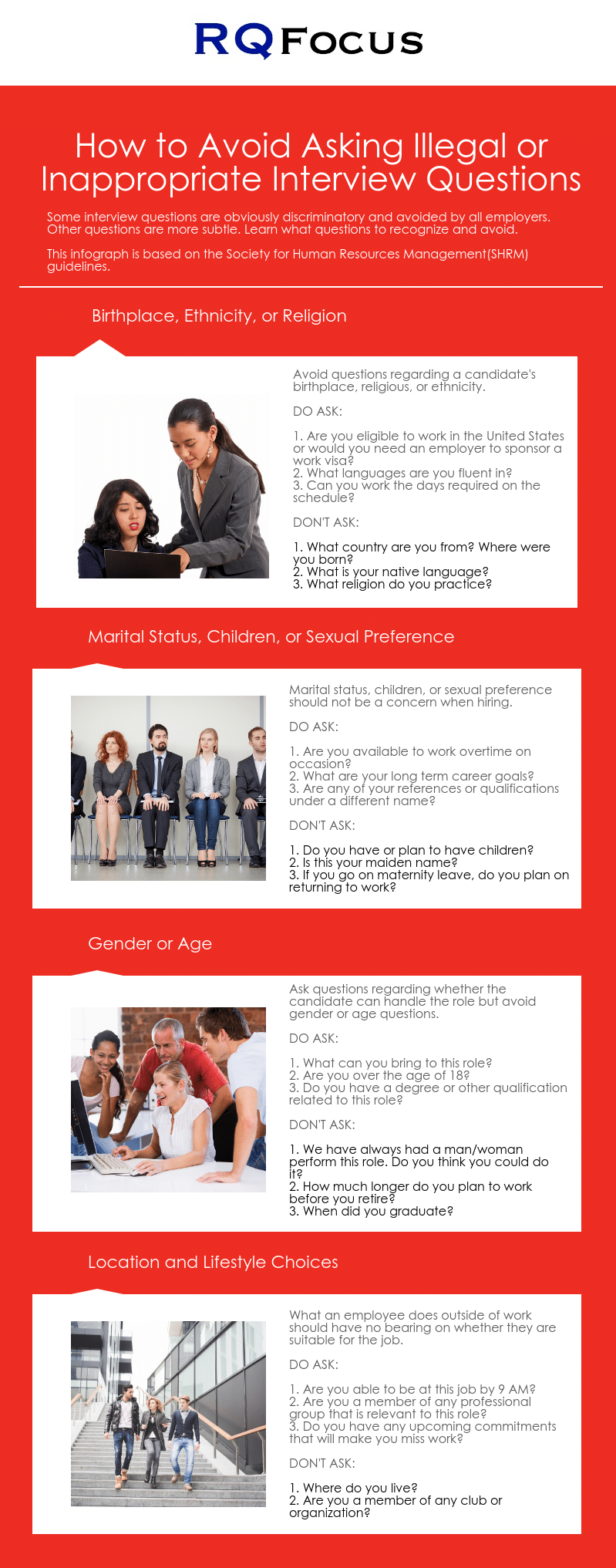How-To Not Land the Job

You have revamped your resume, applied for hundreds of positions, and you still do not have a job. What gives?
The problem could be your interview skills. There are a variety of nonverbal and verbal cues that can immediately turn off potential employers. As a recruiter, I have seen highly experienced candidates ruin their chance of getting a job with inappropriate social cues. It’s important to know what these traits are because they can be very easy to avoid.
Answering Phone Calls or Texts
Most of us are hooked onto our smartphones. We rarely leave the house without them. While this is appropriate during our personal time, it is not acceptable to text or answer a call during an interview. The employer could feel as though the interview is not a priority. Therefore, the job is not important to you. Turn your cell phone on silent before entering the interview.
Timeliness
We are all late occasionally. However, do not be late for an interview! If you are late for an interview then chances are that you could be seen as being late to meetings or on projects.
Tardiness can be recoverable. Call as soon as you realize that you are going to be late. Take an extra minute to compose yourself and apologize when you get to the interview.
Confidence
The feeling of sitting across from a hiring manager can make your heart race. Nevertheless, to get the job, we need to collect ourselves and act confidently. If you panic during an interview then you will probably never land the position.
Confidence is an essential quality that many candidates fail to exude. Even if you do not feel cool, calm, and collected, there are a few ways to make you appear that way.
- Take Deep Breathes
- Sit Still
- Make Eye Contact
- Slow Your Speech and don’t ramble
- Think Positively
- Don’t speak negatively of current or former employers/bosses
Interview Attire
Leave the jeans behind when you are dressing for an interview. The first impression you make will be by your attire. Dress in a way that is professionally appropriate.
Attire for Interview
- For men: A suit- matching jacket and pants, dress shirt, tie and formal shoes (shined)
- For women: A pant suit or mid-length skirt, or dress and formal shoes
- Avoid loud colors and strong perfumes or colognes
- Clothes should be clean and wrinkle-free
- Hair should be neat, clean, and conservative
This is the proper attire for the first interview. Your second interview should still be professional but may be more relaxed depending on the company and position.
Cursing
Cursing is risky move during an interview. Some people do not mind the occasional curse word but for others, cursing is a deal breaker. Be safe and do not curse during your interview.
As you prepare for interviews, keep in mind that you are showcasing how you will act with co-workers in the office. Present yourself professionally for the best chance to get the job.









